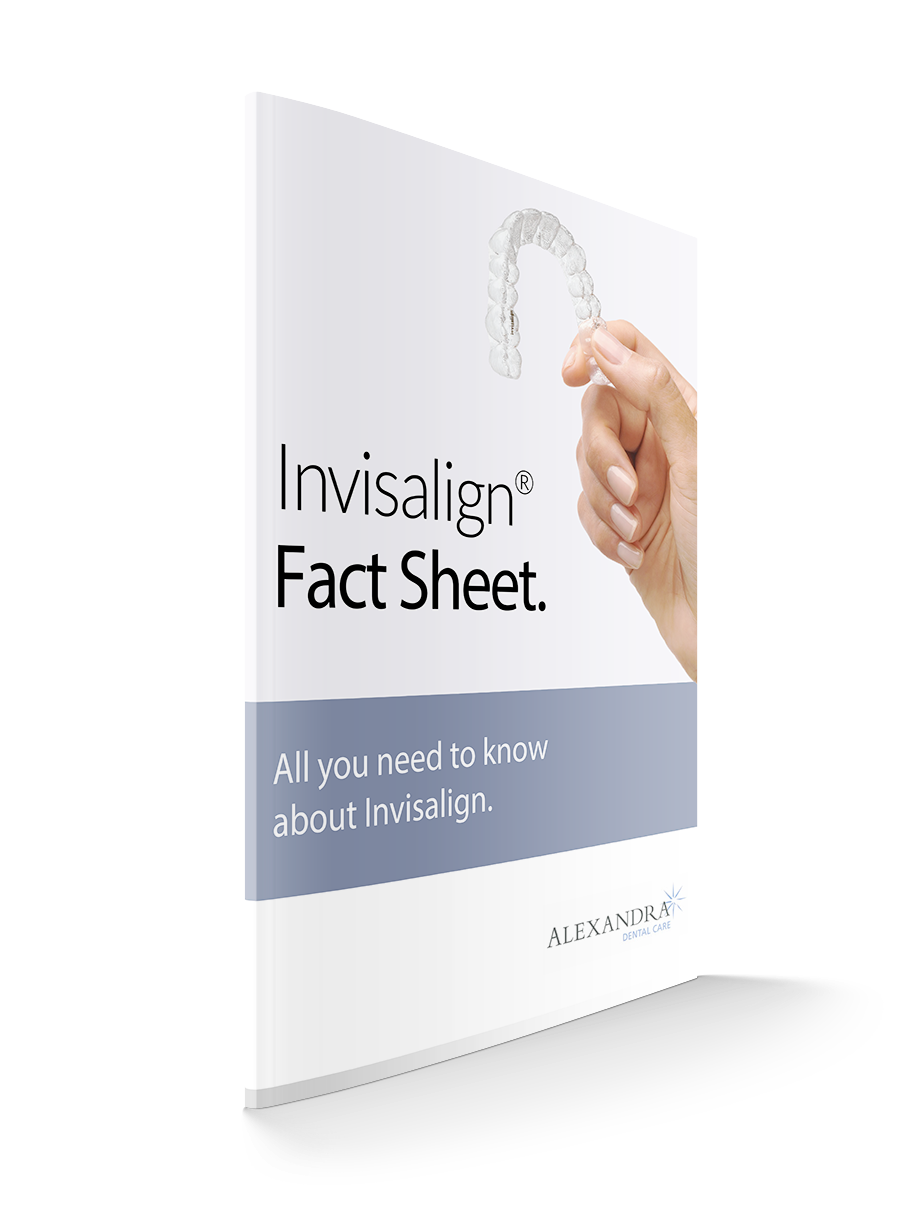Is The Cold Weather Affecting Your Teeth?
The onset of winter can be a painful time for some people.
Perhaps, as a nation, we are a little obsessed with the weather. When it’s too hot we complain and likewise, when it is too cold. For some people though, the biting winds and winter chills affects not only their general temperature, but can also lead to discomfort due to them having sensitive teeth.
The odd occurrence of a sensitive tooth may simply mean that whatever you are eating is much too cold. If the sensitivity is persistent though, whether when eating or just breathing in cold air, it is likely that you have a dental problem that needs attention.
What causes sensitive teeth?
There can be a number of potential causes of teeth sensitivity. Some of these occur as a one off event and are logical, such as following a filling when the treated tooth may be a little sensitive as the anaesthetic wears off. This should not be long lasting though, and, if it is still there a couple of days later, you will need to contact the dentist again to have it checked.
For those who have more persistent tooth sensitivity though, there are a number of potential causes which we list below.
Worn enamel
This is one of the most common causes of sensitive teeth. If we do not take care to protect the enamel on our teeth, it can weaken and thin, exposing the dentin layer beneath it. This layer is porous and therefore allows the extremes of temperatures to affect the nerves within the root canals. Common causes of worn enamel include a diet high in acids, with sugary and energy drinks being a particular culprit. Brushing your teeth too hard will also wear down the enamel of your teeth, especially if you do so too soon after eating, when the enamel is soft.
Tooth decay and other damage
The dentin area of the tooth can also be accessed when the exterior enamel is damaged in other ways. Tooth decay will almost certainly lead to heightened sensitivity, as might a leaky dental filling or a broken or cracked tooth. Regular dental visits and good home care should help keep this risk to a minimum.
Tooth grinding
If you grind your teeth whilst you sleep, your teeth are likely to be more sensitive. Bruxism is also likely to cause your teeth to crack, or even break, if you use excess force when doing so. This can be a difficult habit to break as it happens during sleep in most cases. If you suspect that you do this, please ask one of our Ashby dental team for help.
Tooth root exposure
Although our teeth are protected with a hard enamel exterior, this does not reach down onto the roots of the tooth that are usually hidden and protected by our gums. When our gums recede though, this leaves the unprotected roots exposed and increased sensitivity is very likely. Although our gums do recede naturally as we become older, this can be delayed with good brushing, flossing and hygienist care, helping to prevent gingivitis and periodontitis, a symptom of which includes receding gums.
How can we help?
At Alexandra Dental Care, we help a lot of patients with sensitive teeth. There are a number of options available to deal with this problem, depending on the severity. Whilst painkillers are sometimes a useful short-term option, their longer term use is not advised; and so if you suffer more regularly, alternatives should be investigated.
For mild sensitivity, you may wish to try a sensitivity toothpaste which help to reduce the pain signals that are sent to the brain. This would offer a reasonable solution for anyone suffering from long term, but quite mild, symptoms.
As a longer term alternative to the above, or for those whose tooth sensitivity is causing significant discomfort, a cosmetic dental procedure in the form of porcelain veneers may offer the answer. These are fine layers of porcelain which are fitted to the front of the teeth, replacing an equivalent fine layer of the natural tooth that is removed beforehand. Once fitted, the non porous nature of the porcelain prevents both hot and cold from passing through to the dentin layer, in essence replacing the damaged enamel. This is a long lasting solution and, with good care, you can expect approximately ten years of use from them. You would also benefit from an enhanced smile at the same time.
Having sensitive teeth is not always excruciatingly painful, but it can take away some of the everyday pleasures of life such as eating and drinking, or even walking in colder weather. If you suffer from sensitive teeth and live in the Swadlincote or Ashby area, then why not call Alexandra Dental Care on 01283 216347 and see how we can help to make you more comfortable.
Google+
Comments are closed.